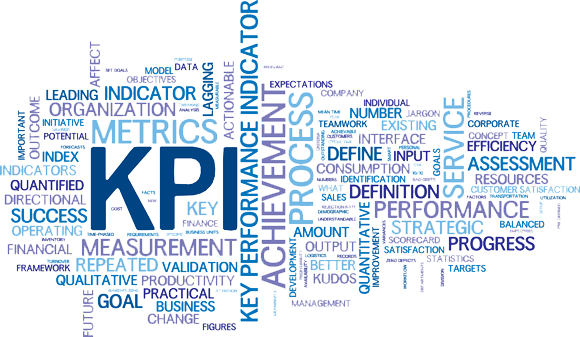You’ve heard of them all: Myspace, Friendster, LinkedIn (post Microsoft) – all in one day and out the next. Social media has been evolving since the invention of the Internet. From the first email in 1971 and Usenet in 1979 to GeoCities allowing everyone to set up their own personal homepage in 1995.
When you think of creativity and community, the last thing that comes to mind is a Key Performance Indicator – just writing that out made me feel completely dead inside. They’ve been around since the stone age, yet they remain the same and we continue to bang on about how important and necessary they are every chance we get.
The idea behind KPIs is that you define a set of key metrics: for example, new users, conversions and digital churn; and run every aspect of your digital activity by them.
The problem is, KPI’s don’t work anymore.

With the adoption of agile, algorithms and ever changing and evolving digital platforms- why are we still so hung up on these age old metrics? KPIs are no longer about campaign or corporate activity performance but have become more about individual kudos. It’s about that one manager who wants to prove how effective their performance is, based on endless KPIs that have been dressed up.
While you were hard at work defining KPIs: Facebook was making changes to its algorithm, Snapchat introduced several dope filters and Microsoft acquired LinkedIn.
Technology is changing at increasing speeds and chosen KPIs don’t stay relevant for long and a “set it and forget it” process is not what performance measurement is or should be about and you are probably measuring things that are no longer relevant. With the deluge of data available, it is nearly impossible to cover everything and we can easily find ourselves drowning in data. Avinash Kaushik explains this perfectly by saying businesses often fail because they are data rich but information poor.
The focus should no longer be on what your boss wants, but what your users want and need – they should be your biggest metric. Bernard Marr, of the Advanced Performance Institute, sums this up nicely:
In the new data-driven world of business cutting through the existing noise to focus on what really matters is difficult enough – and if you’re just taking measurements without understanding how they will lead to better decision-making, you’re just making the problem worse.
We’ve all been there – You come up with a great idea and the first thing senior management asks is: ‘What are your KPIs?’ Take the time to figure out what it is you need to know first and then design the KPIs to deliver those answers. The important thing is to never stop questioning and Keep Pursuing Information to build out small and manageable KPIs.
The KPI is not dead. What’s dead is the notion that one size fits all. There is often a disconnect between whether something can be measured and whether it should be measured. Data, on its own, is practically useless. It’s just a huge set of numbers with no context. Its value is only realized when it is used in conjunction with KPIs. The focus should be placed on individual needs and tied back to organisational objectives. Spend time understanding your audience and work your way back from there.
Creativity today is no longer just about the stories we tell, but those we get others to tell for us – don’t be afraid to try out new things and forget about the metrics; understand what your audience responds best to and use the data to create innovative campaigns and content that generate results. The key is to know your audience as well as you know your business.
There are no new ideas, only better executions of the same themes. The same could be said for KPIs; it’s all about coming up with better metrics (and ideas) that meet objectives and keep users happy.
It’s easy to measure quantity, but much harder to measure quality.







